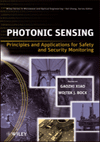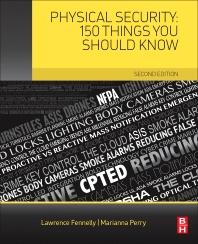Travel is back: 72% of travelers have already traveled domestically

Nearly three-quarters of travelers (72%) have already taken their first multi-day domestic trip of the year and 26% have already taken their first international multi-day trip of the year, according to a Global Rescue survey of the most experienced travelers in the world. “Economic recovery and the return of travel and tourism is underway due to climbing COVID-19 vaccination levels, fewer hospitalizations and the gradual reduction in government quarantine and testing requirements,” said Dan Richards, the CEO of Global Rescue and a member of the U.S. Travel and Tourism Advisory Board.
7-out-of-10 survey-takers (76%) are “much less” or “less” concerned about travel health and safety for the last half of 2021 compared to 2020. When border closings are not an issue, more than half of respondents (52%) said popular or crowded destinations would prevent them from traveling. Nearly a quarter of survey-takers (24%) reported that a location having insufficient medical facilities would cause them to stop them from making a trip.
“There needs to be predictability when it comes to pandemic protocols related to entering and departing countries,” Richards said. “The regulations change quickly and often, with little advance public notice, and those practices prompt people to delay booking travel. These micro-economic impacts are emblematic of a larger challenge,” he added.
Forty-three percent of respondents said they would pay a “Pandemic Recovery Fee” to travel to poorer countries suffering from dramatically negative economic impacts caused by COVID-19. Of those willing to pay such a fee, 17% would pay between $51-$100, 14% up to $50, 12% between $101-$250, and 5% more than $250.
“In the U.S. and Europe, where a substantial portion of the world’s wealth and GDP is generated, we can start traveling again and exporting the economic benefits of tourism to other countries dependent on our travelers. Collaboration among international health and government officials to get vaccines to those locations is smart, but we can also restart our travel with those countries to help them get out of their economic crises,” said Richards.
Half of respondents said they would travel internationally where possible and more than a quarter (28%) said they would only travel domestically. Nineteen percent said they would take longer trips and 21% said they would take advantage of discounts, deals and specials. Sixteen percent said they would only travel to places with modern health care facilities while 10% would take extra trips, and 8% said they would take less expensive trips.
Looking for a reprint of this article?
From high-res PDFs to custom plaques, order your copy today!








